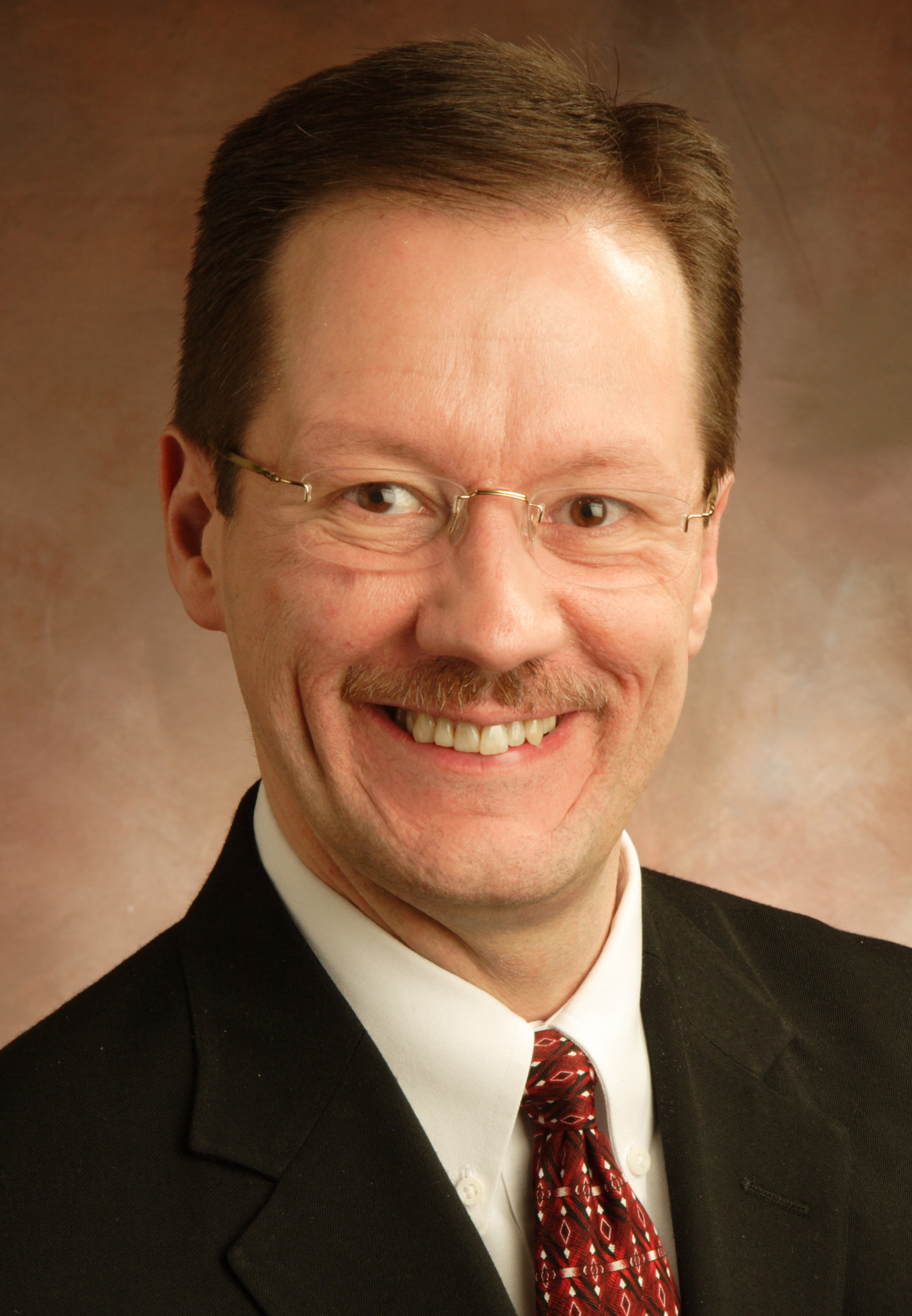
Editor’s note: Read part 1 in this two-part series at http://www.bpnews.net/BPFirstPerson.asp?ID=37041
RICHMOND, Va. (BP) — If you read my column yesterday, you know that I have decided to give up on the Great Commission Resurgence in the Southern Baptist Convention. In fact, I challenged all Southern Baptists to give up on the idea, as none of us can produce the resurgence we seek.
The bottom line is this: we face a real, evil, spiritual enemy who does not want us to experience a Great Commission resurgence, and victory will come only when we realize that the battle is God’s, not ours. He alone is the divine warrior when His people face an uncrossable sea (Exodus 14:13-14), a domineering giant (1 Samuel 17:1), or an invading enemy force (2 Chronicles 20:1-23). It is in His strength, His might, and His armor that we ever experience victory (Ephesians 6:10-11); His Spirit can accomplish what our might and power cannot (Zechariah 4:6).
Giving up, though, does not mean that we do nothing. It means we passionately, corporately seek the only one who can bring about the resurgence. Consider these practical ways to lead your church to give up and turn to God. First, preach a sermon series on “impossibility passages” to illustrate our great need for God’s help. Apart from His presence, we cannot love our enemies (Matthew 5:44), forgive those who sin against us (Ephesians 4:32), give thanks in all things (1 Thessalonians 5:18), love our wives as Christ loved the church (Ephesians 5:25), or make disciples of all people groups of the world (Matthew 28:18-20). From the fall of Adam and Eve in the garden (Genesis 3) to the worship of the nations in heaven (Revelation 7:9-10), the Bible calls God’s people to do what we cannot do in our own power: follow God with all of our being. Preach that Word — and let the challenges in that Word drive your church to prayer.
Second, study great awakenings in the Scriptures and in American history, and use those stories to illustrate what God does when broken people seek Him. Teach about God’s work in the First Great Awakening in response to the prayers of Jonathan Edwards and George Whitefield. Speak of five Williams College students whose prayer beneath a haystack contributed to America’s Second Great Awakening. Tell the story of Jacob Lamphier, the man God used to ignite the Prayer Revival of 1857-58. Help your church see what God has often done through just a few believers who prayerfully want Him to work.
Third, ask God to raise up a group of church members who long for renewal in your church — and who understand that renewal will come only through prayer. Meet weekly with them to pray for a Great Commission resurgence in your congregation. Be willing to start small, knowing that a few faithful, obedient prayer warriors can accomplish much. Lead them to repent of any known sin. Study passages on the power of prayer. Fast together. Patiently and persistently, ask God to touch your congregation in a way that cannot be explained apart from his power. Pray, and then pray some more.
Fourth, partner with other congregations to pray corporately for one another. God alone knows what miracles He might work if every Southern Baptist church were praying for a resurgence in two or three other churches. Build that prayer time into your church’s Sunday morning service. Pray for the churches by name. Occasionally use technology to join the other congregations live as you pray for each other. In God’s economy, two needy, weak churches that admit their need and look to Him together are more potent than the “strong” church that seeks Him little. Indeed, it will likely be a church that is desperate for God that will be the center of any Great Commission resurgence.
In 1981, I became the pastor of a small church in southwestern Ohio. I had little formal education and no pastoral experience. I had never baptized a person, officiated a wedding, or led a funeral. What I did have, though, was a church family that knew how to pray. I think of Sonney and Christie, Paul and Edna, and others — all who understood that God alone could grow their church. They knew their little group of 19 people was powerless without Him. In fact, I am convinced they trusted me as a 20-year old pastor simply because they knew that Great Commission growth was not dependent on me in the first place.
God so stirred that little congregation to evangelize that we grieved on the few Sundays when no new believer professed faith in Christ. More than 30 years later, I long for those days when we simply expected God to move among us. I long for more Southern Baptists who give up . . . and pray.
–30–
Chuck Lawless is the International Mission Board’s vice president of global theological advance. Get Baptist Press headlines and breaking news on Twitter (@BaptistPress), Facebook (Facebook.com/BaptistPress) and in your email (baptistpress.com/SubscribeBP.asp).

















